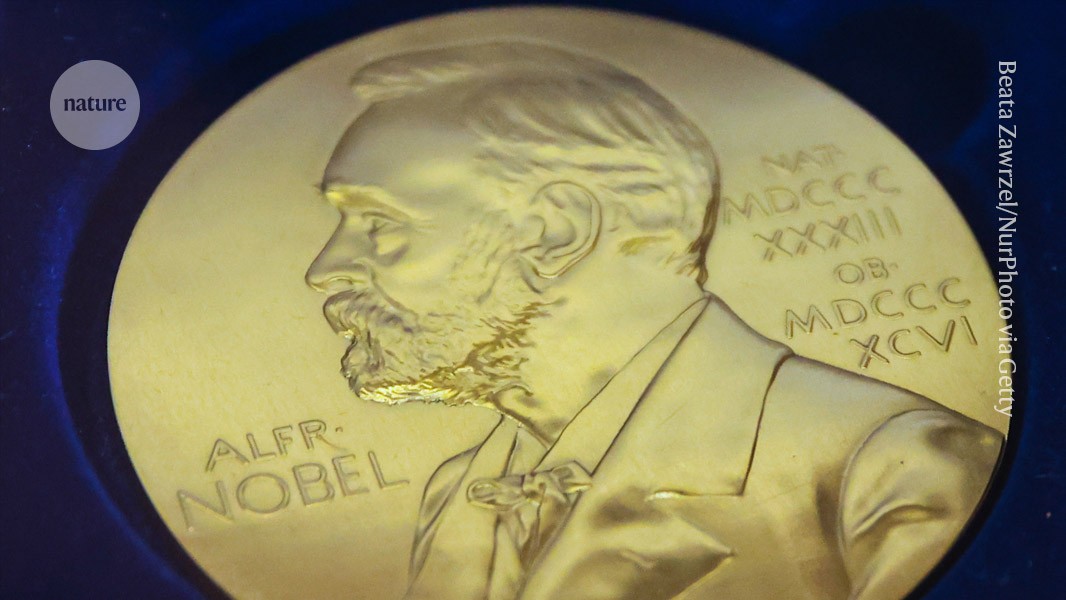
""This year's laureates...have found ways to create materials, entirely novel materials, with large cavities on their insides, which can be seen almost like rooms in a hotel so guest molecules can enter and also exit again,""
""A small amount of such material can almost be like Hermione's handbag in Harry Potter - it can store huge amounts of gas in a tiny volume""
Susumu Kitagawa (Kyoto University), Richard Robson (University of Melbourne), and Omar Yaghi (University of California, Berkeley) won the Nobel Prize in Chemistry for inventing metal-organic frameworks (MOFs). MOFs are extremely porous molecular architectures with vast internal surface areas that enable gas storage, catalytic activity, and targeted drug delivery. Richard Robson originated the MOF concept in the 1980s, designing pyramid-like modules with metal nodes linked by organic molecules inspired by diamond crystal geometry. Susumu Kitagawa developed water-fillable MOFs in the early 1990s that remain stable after drying and can change shape depending on guest occupancy. Small amounts of MOFs can store large gas volumes.
Read at Nature
Unable to calculate read time
Collection
[
|
...
]